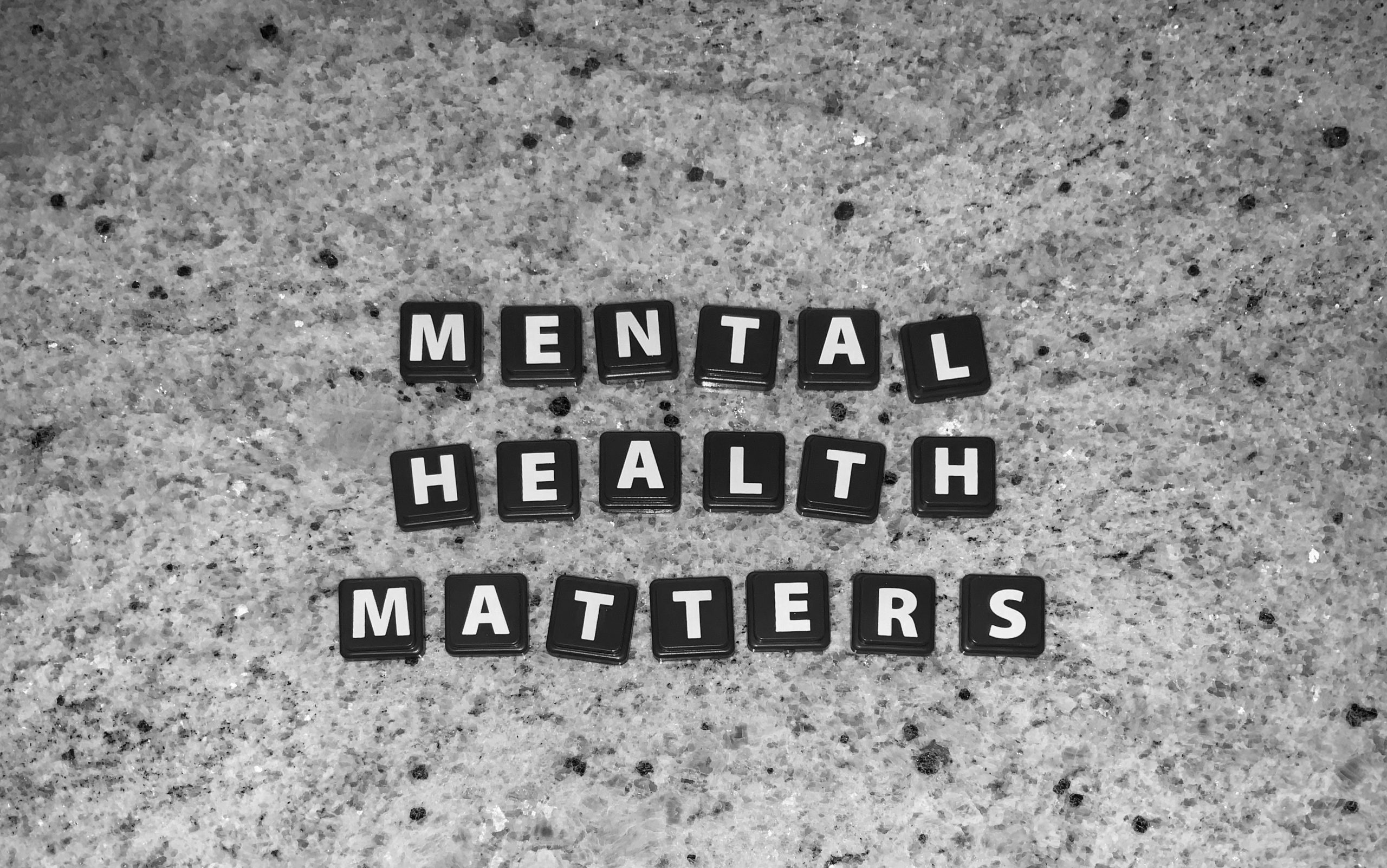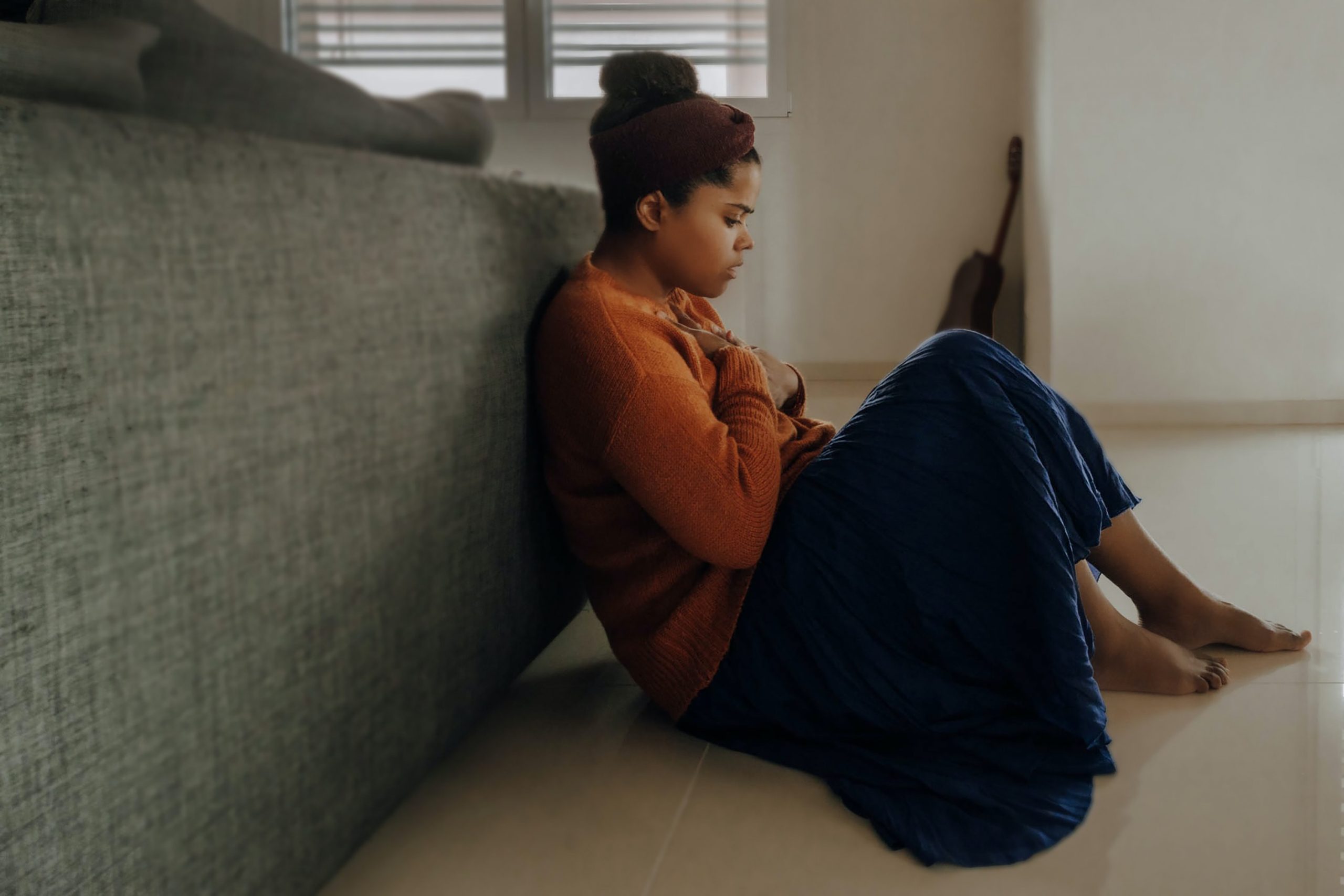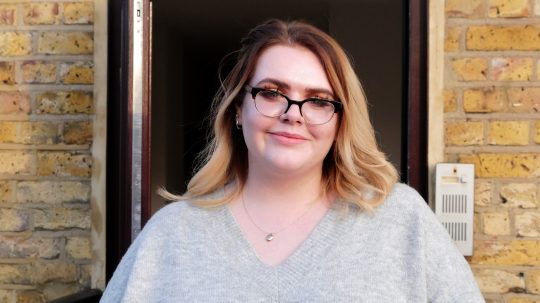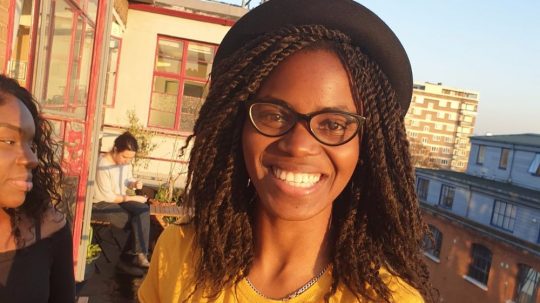The standard of mental health care and treatment on offer in Jersey is an “indictment of human rights”, according to a mental illness expert.
Karen Wilson, a trustee with charity Focus on Mental Illness, believes that there is an unwillingness to take mental illness seriously, with failures in leadership and management that would not be tolerated elsewhere in the UK.
The World Health Organisation (WHO) and its Constitution (1946) outline “the right to the highest attainable standard of health”, which includes healthcare access as a crucial component of the Right to Health. Failure to provide acceptable standards of mental health care violates this right.
“There is a huge gap between what is needed and what is provided in Jersey,” she said. “It’s an indictment of human rights that people do not have the right to access really good mental health treatment here.”

Credit: Marcel Strauss / Unsplash
After working in the mental health sector in the UK for 30 years, Wilson reviewed the standards of care in Jersey two years ago and said little has improved since.
She highlighted failures in psychiatric unit Orchard House, accusing it of only offering two treatments. Additionally, Wilson said services provide little follow-up after treatments, resulting in patients repeatedly coming out, relapsing and going back into centres for treatment.
“The inequalities here are huge,” she said. “If you are rich, you can pay for a psychiatrist or occupational therapist to come over. If you don’t have any money, you are left with very, very basic care.”
There is a lot of focus on young people’s mental health, which is great but there are a lot of older people who are suffering in silence
A man whose wife took her own life five years ago observed failings in treatment on the isle and doubts much progress has been made since.
Andy Le Seelleur told the Jersey Evening Post: “They do support a lot of people very successfully, but I hear on a regular basis from people who found the services were not up to scratch. I would like to see a bit more urgency.”

Credit: Umit Bulut / Unsplash
With a population of under 100,000 people, the island is often neglected during discussions about human rights in the UK, yet this hasn’t deterred advocates from calling for better services to improve mental health care.
“There is a lot of focus on young people’s mental health, which is great but there are a lot of older people who are suffering in silence,” said Malcolm Ferey, chief executive of brain injury charity Headway Jersey. “Younger people are more likely to respond, but older people with mental illnesses may not. The services need to be more proactive and not just reactive.”
Despite these criticisms, the government has refuted claims that Jersey’s mental health care services are substandard.
“Health and Community Services (HCS) work closely with a number of charities and partner organisations in Jersey and enjoy good relationships with them,” said a spokesperson from HCS. “It is upsetting for the colleagues mentioned to see these claims. It also has the potential to undermine public confidence in our services, which is upsetting for the individuals who use them and their families.”
Advocates hope that shining a spotlight on shortcomings in mental health support on Jersey will encourage the government to take on a more proactive stance in helping patients secure appropriate care.






